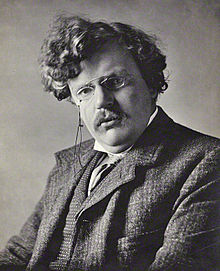
Rubies are the birthstone of July and are said to guarantee health, wisdom, wealth and success in love.
Rubies are associated with the sun and were thought to preserve mental and physical health. In the middle ages, rubies were viewed as a stone of prophecy. It was thought the stone darkened when danger was near. Ivan the Terrible of Russia stated that rubies were good for the heart, brain and memory. A 13th century prescription to cure liver problems called for powdered ruby. In the 15th-16th centuries, rubies were thought to counteract poison. When rubbed on the skin, they were also thought to restore youth and vitality.
If a ruby were cast into water it would cause it to boil, and if carved and pressed into wax, would melt the wax.
Although the most well-known magical rubies in modern society are the ruby slippers Dorothy wore in the Wizard of Oz movie, the slippers were silver inthe book. The silver shoes, however, did not show well against the yellow brick road inthe film and so the silver shoes were replaced with ruby slippers, which coukld be more clearly seen.
Take a look at my previous post about the ruby slippers in the Wizard of Oz, “I’ll get you, my pretty… and your little dog too!”


